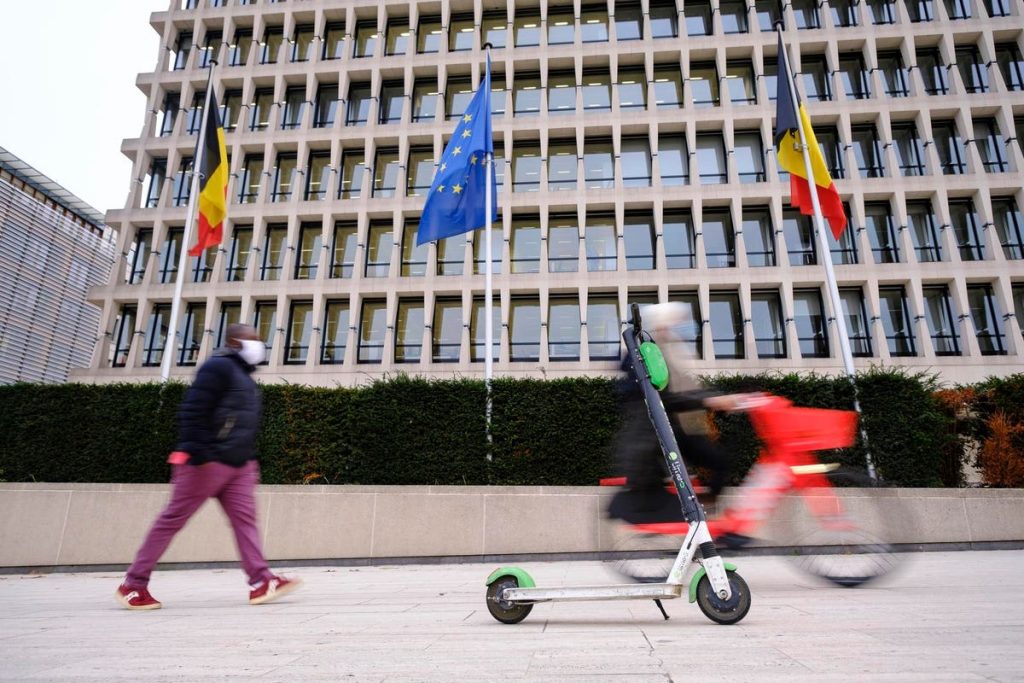Vianova, the mobility data analytics platform, has inked a deal with Brussels to help city authorities manage the fleets of e-scooters on their streets.
Brussels, like many major European cities, has seen an influx of e-scooter and bike sharing companies. Several operators, including Dott and Bolt, have fleets in the city.
Often touting their convenience, these companies have also faced a backlash from residents over the years regarding dangerous riding and reckless parking, leading to city officials clamping down on the vehicles.
To help address that problem Brussels Mobility, the city’s transport agency, has enlisted the help of French start-up Vianova.
It has developed a software platform for city authorities and companies to manage the swathe of different transport options that have overtaken cities in recent years, from e-scooter rentals to ride-hailing.
These options have presented more variety to residents in how they commute and get around but it has introduced many more moving parts to manage across a city, coupled with existing traditional public transport.
Vianova says it can help city planners make sense of space in the city and how it is allocated. That could be identifying streets where e-scooters are causing problems, implementing go-slow zones for micromobility vehicles or managing spaces that are overrun with cars that could be redirected to ease congestion.
The contract is for one year with the potential for an additional three years.
“Brussels is one of Europe’s growing city hubs and the people that live there want a way to move around that is safe, sustainable and accessible,” Vianova chief executive Thibault Castagne said.
“We’re delighted to reaffirm our partnership with Brussels Mobility and support the region to lead the way in the shared mobility transition by providing data-led insights that will reduce pavement clutter, make the streets safer, and encourage even more people to use shared mobility options.”
Martin Lefrancq, new mobility policy advisor at Brussels Mobility, welcomed the deal and said that shared mobility is “the future of transport.”
This breaks from attitudes in some other locations in Europe that have sought to restrict e-scooters’ spread, such as in Italy or most infamously Paris, which held a referendum in April where residents voted to boot e-scooter sharing companies out of the city.
Vianova meanwhile has been active for four years and has operations in 60 cities, recently expanding into the Middle East. It raised a €6 million Series round late last year.
Read the full article here










